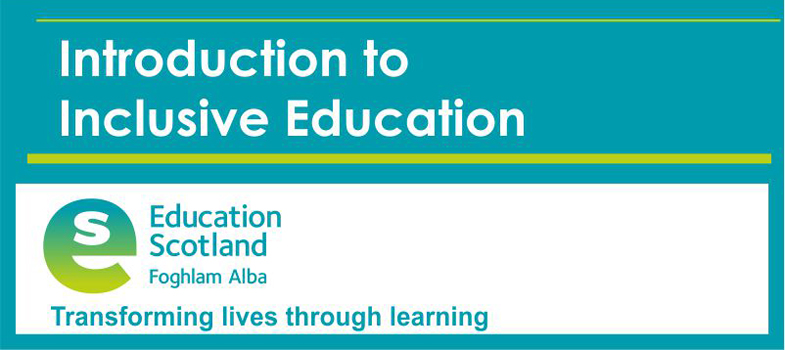5.4 Working with partners
Personalised learning ensures effective practice in meeting the needs of children and young people. It involves strong teamwork and objective professional dialogue amongst staff and partner professionals, with the full involvement of learners and their parents.
Meeting the wide-ranging needs of all children, young people and their families is the heart of what makes an excellent school. Schools cannot achieve this by themselves. They will have a range of partners such as the third sector, youth workers, community learning and development staff, colleges, universities and employers who work with them to deliver learning pathways to meet the needs of all children and young people. Other partners with specialist expertise in additional support needs will also work alongside staff to remove barriers to learning and ensure all children and young people experience success in school and beyond school.
All partnerships are based on mutual trust and respect for the particular contribution each partner brings. Strong partnerships with parents and other partners who support children and young people are essential. Monitoring the impact of interventions and making timely adjustments to practice are key to providing highly-effective universal and targeted support. Families benefit from strong collaboration with colleagues from other sectors which support referrals to and from services and enables tracking and also builds trust. Families should always be consulted in a meaningful way and schools should work to develop effective working relationships with other services to ensure continued strong support for families and positive impacts for children, young people and their families.
5.3 Working with parents
